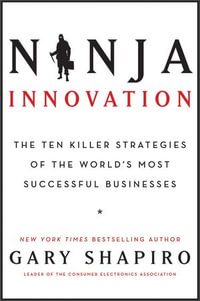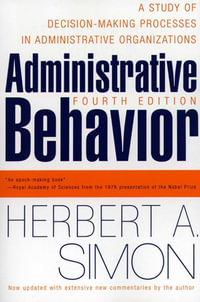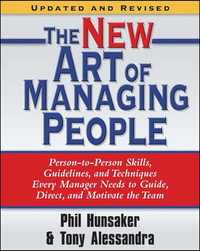
eTEXT
Fundamentals of Effective Mentorship
How to Develop Intellectual Capacity and Healthy Workplace Culture
By: Matthew Aslett
eText | 30 December 2024 | Edition Number 1
At a Glance
eText
$73.69
or
Instant online reading in your Booktopia eTextbook Library *
Read online on
Desktop
Tablet
Mobile
Not downloadable to your eReader or an app
Why choose an eTextbook?
Instant Access *
Purchase and read your book immediately
Read Aloud
Listen and follow along as Bookshelf reads to you
Study Tools
Built-in study tools like highlights and more
* eTextbooks are not downloadable to your eReader or an app and can be accessed via web browsers only. You must be connected to the internet and have no technical issues with your device or browser that could prevent the eTextbook from operating.
ISBN: 9781040262825
ISBN-10: 1040262821
Published: 30th December 2024
Format: ePUB
Language: English
Publisher: Taylor & Francis
Edition Number: 1
You Can Find This eBook In
This product is categorised by
- Non-FictionBusiness & ManagementManagement & Management TechniquesManagement of Specific AreasProduction of Quality Control Management
- Non-FictionBusiness & ManagementOffice & Workplace
- Non-FictionBusiness & ManagementOrganisational Theory & Behaviour
- Non-FictionBusiness & ManagementBusiness Strategy
- Non-FictionBusiness & ManagementManagement & Management TechniquesLeadership & Motivation for Management
- Non-FictionBusiness & ManagementManagement & Management TechniquesManagement of Specific AreasPersonnel & Human Resources Management
























